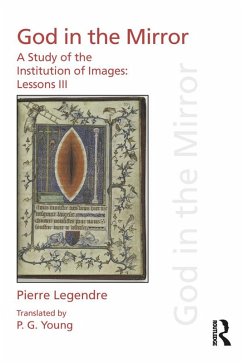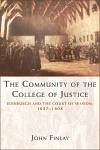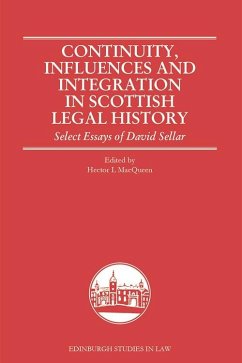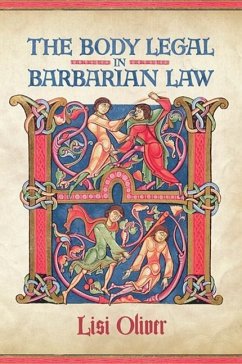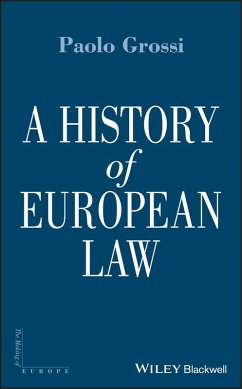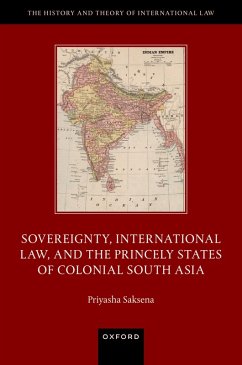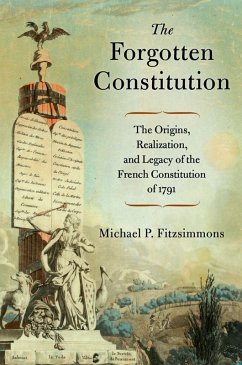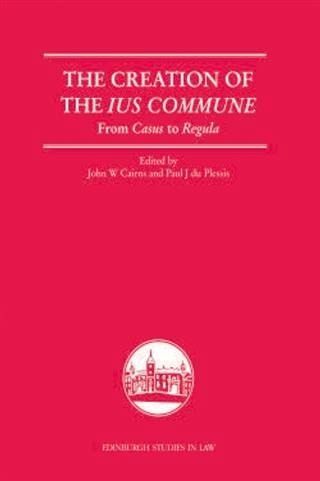
Creation of the Ius Commune (eBook, PDF)
From Casus to Regula
Redaktion: Cairns, John W.; Plessis, Paul J. du
Versandkostenfrei!
Sofort per Download lieferbar
0,00 €
inkl. MwSt.
Weitere Ausgaben:

PAYBACK Punkte
0 °P sammeln!
This book discusses in detail how medieval scholars reacted to the casuistic discussions in the inherited Roman texts, particularly the Digest of Justinian. It shows how they developed medieval Roman law into a system of rules that formed a universal common law for Western Europe. Because there has been little research published in English beyond grand narratives on the history of law in Europe, this book fills an important gap in the literature.With a focus on how the medieval Roman lawyers systematised the Roman sources through detailed discussions of specific areas of law, it considers:*the...
This book discusses in detail how medieval scholars reacted to the casuistic discussions in the inherited Roman texts, particularly the Digest of Justinian. It shows how they developed medieval Roman law into a system of rules that formed a universal common law for Western Europe. Because there has been little research published in English beyond grand narratives on the history of law in Europe, this book fills an important gap in the literature.With a focus on how the medieval Roman lawyers systematised the Roman sources through detailed discussions of specific areas of law, it considers:*the sources of medieval law and how to access them*the development from cases to rules*medieval lawyers' strategies for citing each other and their significance*growth of a conceptual approach to the study of law.With contributions from leading international scholars in the field, this book therefore fills an important gap in the literature.
Dieser Download kann aus rechtlichen Gründen nur mit Rechnungsadresse in A, B, BG, CY, CZ, D, DK, EW, E, FIN, F, GR, HR, H, IRL, I, LT, L, LR, M, NL, PL, P, R, S, SLO, SK ausgeliefert werden.




